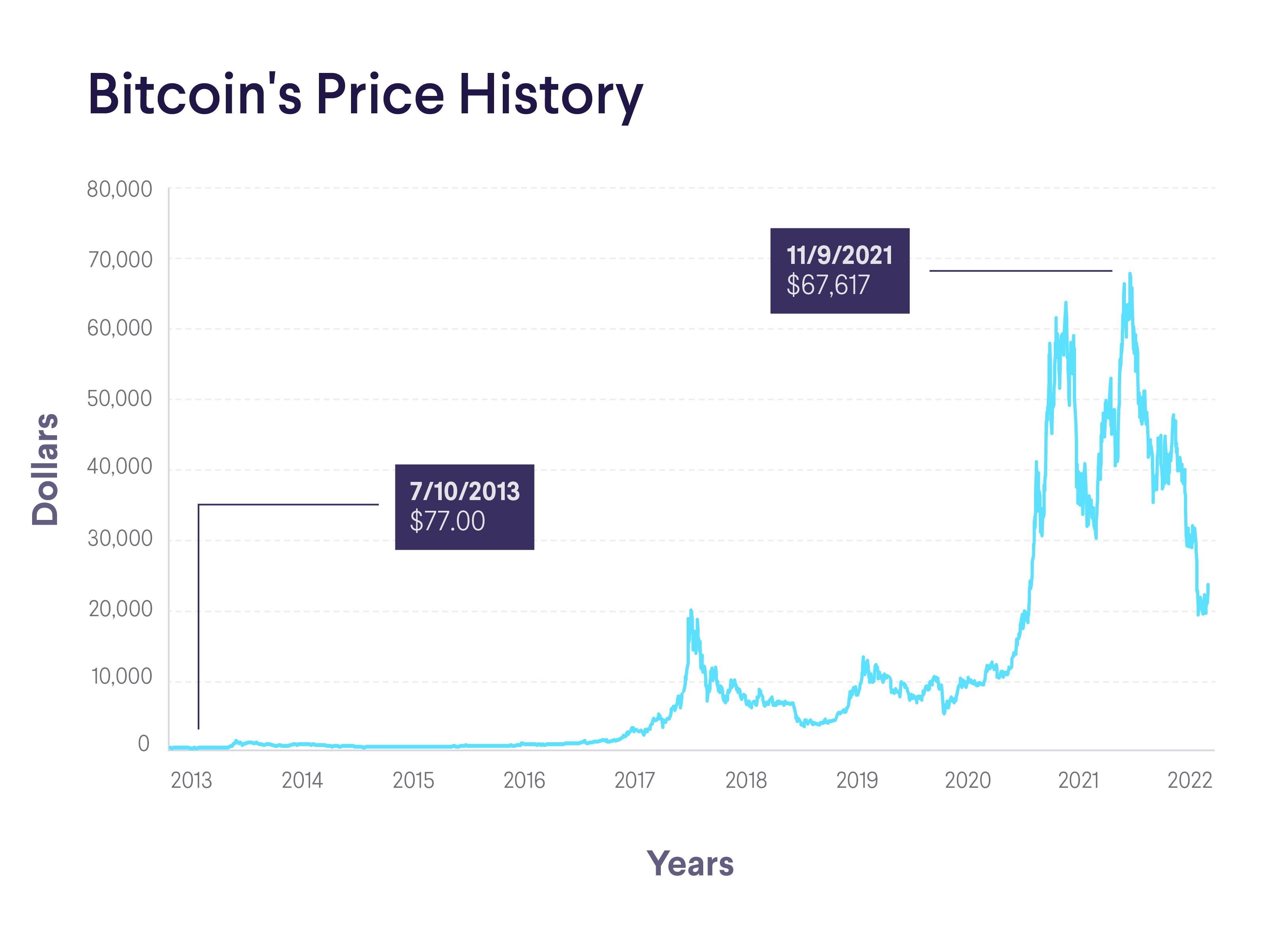How to invest in cryptocurrency
The majority of the Bitcoin network mining capacity is owned by large mining firms and pools. It is still possible to participate in Bitcoin mining with a regular at-home personal computer if you have one of the latest and fastest graphics processing units. https://b2brandd.com/the-roi-of-multi-touch-attribution-models-one-company-saved-250k-in-google-ads-spend/ However, the chances of receiving any reward by mining alone with a single GPU in your computer are minuscule. You’ll need to find a mining pool (discussed below) to increase your chances.
While it is possible to make money mining cryptocurrency, it requires careful consideration, risk management, and research. It also involves investments and risks, such as hardware costs, cryptocurrency price volatility, and cryptocurrency protocol changes. To mitigate these risks, miners often engage in risk management practices and assess the potential costs and benefits of mining before starting.
You’ll also notice the difficulty level for this block. The Bitcoin network aims to produce one block every 10 minutes or so. The system is designed to evaluate and adjust the mining difficulty every 2,016 blocks or roughly every two weeks (based on the number of participants). This doesn’t always result in a block time of 10 minutes, but it’s close.
Since the first successful miner is granted a block reward, the probability of finding the correct hash is extremely low. Miners with a small percentage of the mining power have a very small chance of discovering the next block on their own. Mining pools offer a solution to this problem.
Every miner on the network does this until a hash and nonce combination is created that is less than or equal to the target hash. The first to reach that target has their proposed block added to the chain, receives the reward and fees, and a new block is opened. Once that block fills up with information (about one megabyte), it is closed, encrypted, and mined.
How to buy cryptocurrency
Hardware wallets. These wallets are sometimes referred to as cold storage wallets. They include actual physical devices that either never have to be connected to the internet or only have to be connected when in use. These wallets include the Ledger Nano S Plus and the Trezor Model One.
The top crypto is considered a store of value, like gold, for many — rather than a currency. This idea of the first cryptocurrency as a store of value, instead of a payment method, means that many people buy the crypto and hold onto it long-term (or HODL) rather than spending it on items like you would typically spend a dollar — treating it as digital gold.

Hardware wallets. These wallets are sometimes referred to as cold storage wallets. They include actual physical devices that either never have to be connected to the internet or only have to be connected when in use. These wallets include the Ledger Nano S Plus and the Trezor Model One.
The top crypto is considered a store of value, like gold, for many — rather than a currency. This idea of the first cryptocurrency as a store of value, instead of a payment method, means that many people buy the crypto and hold onto it long-term (or HODL) rather than spending it on items like you would typically spend a dollar — treating it as digital gold.
Some investors buy crypto because they believe it will receive more mainstream acceptance and adoption in the future. Bitcoin was launched in 2009 as a response to the financial crisis and amid concerns about the reliability of the mainstream banking sector.
Once you decide on a cryptocurrency broker or exchange, you can sign up to open an account. Depending on the platform and the amount you plan to buy, you may have to verify your identity. This is an essential step to prevent fraud and meet federal regulatory requirements.
Cryptocurrency bitcoin
Als Entschädigung für die Nutzung ihrer Rechenressourcen erhalten Miner Belohnungen für jeden Block, den sie erfolgreich der Blockchain hinzufügen. Zum Zeitpunkt der Einführung von Bitcoin betrug die Belohnung 50 Bitcoins pro Block: diese Zahl halbiert sich mit jeden 210.000 Blocks, die neu geschürft werden — was etwa vier Jahre dauert. Zum jetzigen Stand (2020) ist der Block Reward dreimal halbiert worden und beläuft sich auf 6,25 Bitcoins.
The very first cryptocurrency was Bitcoin. Since it is open source, it is possible for other people to use the majority of the code, make a few changes and then launch their own separate currency. Many people have done exactly this. Some of these coins are very similar to Bitcoin, with just one or two amended features (such as Litecoin), while others are very different, with varying models of security, issuance and governance. However, they all share the same moniker — every coin issued after Bitcoin is considered to be an altcoin.
CoinMarketCap does not offer financial or investment advice about which cryptocurrency, token or asset does or does not make a good investment, nor do we offer advice about the timing of purchases or sales. We are strictly a data company. Please remember that the prices, yields and values of financial assets change. This means that any capital you may invest is at risk. We recommend seeking the advice of a professional investment advisor for guidance related to your personal circumstances.

Als Entschädigung für die Nutzung ihrer Rechenressourcen erhalten Miner Belohnungen für jeden Block, den sie erfolgreich der Blockchain hinzufügen. Zum Zeitpunkt der Einführung von Bitcoin betrug die Belohnung 50 Bitcoins pro Block: diese Zahl halbiert sich mit jeden 210.000 Blocks, die neu geschürft werden — was etwa vier Jahre dauert. Zum jetzigen Stand (2020) ist der Block Reward dreimal halbiert worden und beläuft sich auf 6,25 Bitcoins.
The very first cryptocurrency was Bitcoin. Since it is open source, it is possible for other people to use the majority of the code, make a few changes and then launch their own separate currency. Many people have done exactly this. Some of these coins are very similar to Bitcoin, with just one or two amended features (such as Litecoin), while others are very different, with varying models of security, issuance and governance. However, they all share the same moniker — every coin issued after Bitcoin is considered to be an altcoin.
CoinMarketCap does not offer financial or investment advice about which cryptocurrency, token or asset does or does not make a good investment, nor do we offer advice about the timing of purchases or sales. We are strictly a data company. Please remember that the prices, yields and values of financial assets change. This means that any capital you may invest is at risk. We recommend seeking the advice of a professional investment advisor for guidance related to your personal circumstances.

